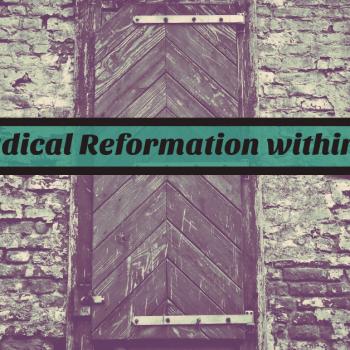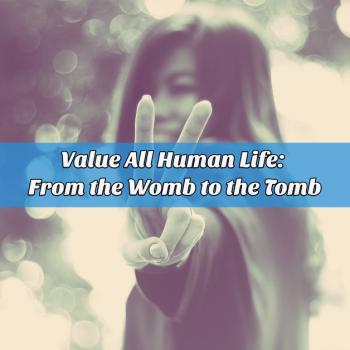Last week I was sitting in a Starbucks and my table was next to two middle-aged men who clearly have a passion for Jesus. Without deliberately eavesdropping, what caught my attention was one man’s reflections on salvation. He said, “what’s amazing about salvation is that its all about me. I get to be with God and God gets to be with me.” This is a beautiful and transformative reality of salvation, but it begs the question… How does salvation function from a biblical perspective?
For me, salvation needs to be placed in a narrative framework that is broader than only an individualistic understanding. A couple years ago, I attempted to summarize my understanding of salvation in a narrative statement, which I’ve revised some off and on. I would probably nuance some things differently if I were starting from scratch today, but the broad scope of the following summary fits my current viewpoint:
In the beginning God created the cosmos intending that image-bearing humanity would be in peaceful relationship with God, creation, others, and self. These looking-after-creatures chose personal and systemic injustice, influenced directly by fallen powers. The Creator so loved the creation project that rather than to let evil have that last word, he implemented good news for the poor, the sick, and the victimized through the ministry of the kingdom as taught and demonstrated by Jesus the Messiah. In death, Jesus substituted his life in the place of fallen humanity to endure the full wrath of both personal and systemic evil, and in resurrection he disarmed the powers. Thus, every human is invited into salvation becoming part of the new creation by following the Victorious Christ within a discipleship community. The church’s calling is to join with God in mission to “gather up all things” in anticipation of the full expression of justice: “a new heaven and a new earth.”
I would love to hear your thoughts on this idea of salvation. How has your view changed and how do you often hear it characterized?











